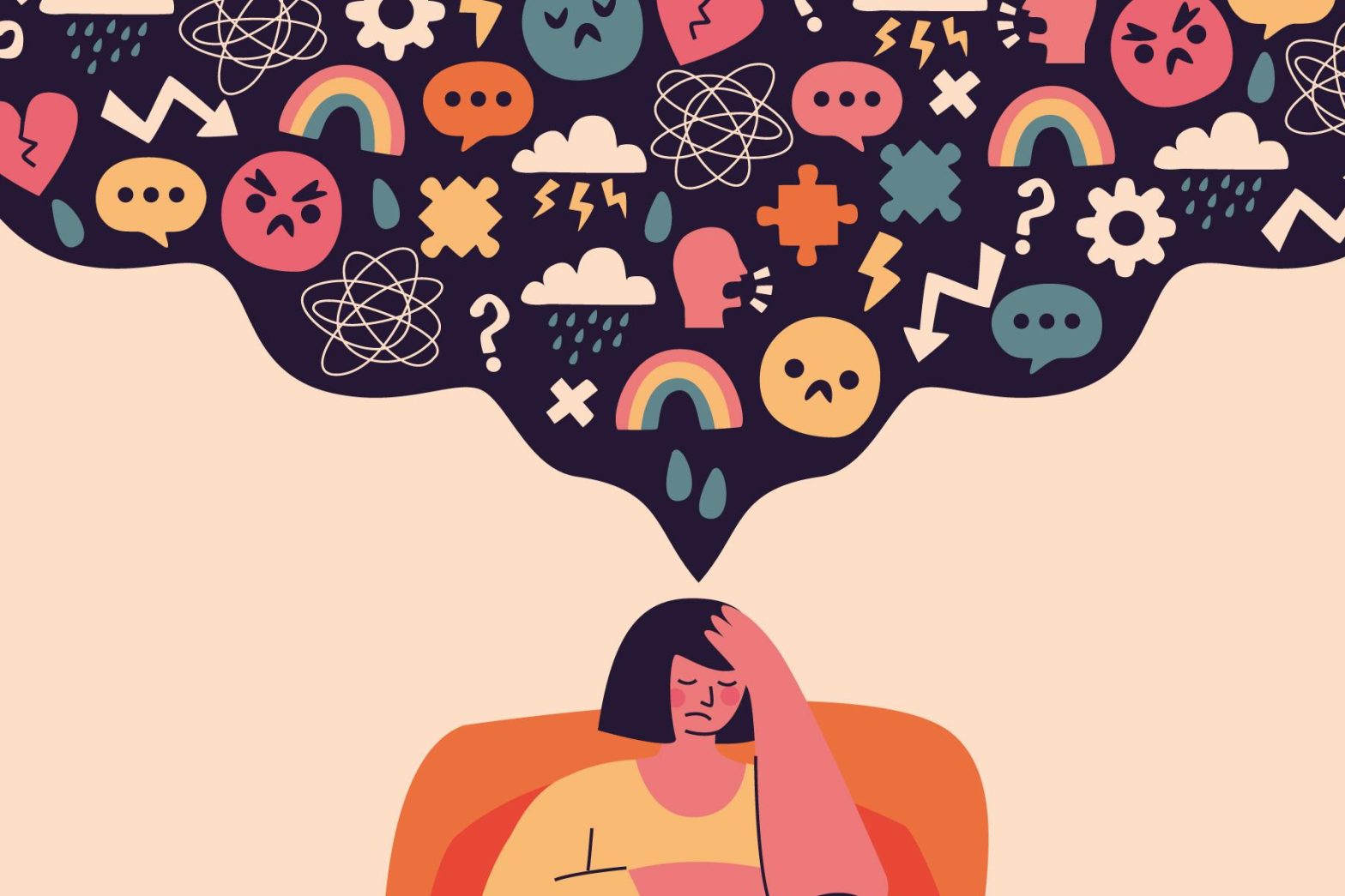Weight Changes and Mental Health: Strategies for Effective Management

Rapid weight shift brought on by a mental condition is difficult enough without having to cope with comments from others. I’ve gained and lost weight quickly three different times. The biggest weight drop I managed to achieve was thirty pounds, which left me with black bags under my eyes and a skeletal appearance. The only thing that shocked me more was how beautiful I looked.
Despite how annoying these responses were, I discovered that my sudden weight loss offered a chance to start a conversation with spravato esketamine on mental illness.
My Quick Weight Loss Due to Mental Illness
Participants were randomized at random by the researchers into an intervention or control group. The intervention group participated in group fitness sessions and weight control. Information was broken down into manageable chunks and skills were practiced to alleviate memory and learning deficiencies.
The objectives were to stay away from sugar-sweetened drinks and junk food, consume five servings of fruits and vegetables a day, make smaller portion choices, and engage in moderate-intensity aerobic exercise for at least thirty minutes per day. At the start of the program, the control group was given conventional nutrition and physical activity information.
Both times I dropped a lot of weight quickly, people’s responses were either congrats or humiliating. Skinny-shaming indeed occurs. I’ve also once gained thirty pounds in three weeks and been the target of fat-shaming, but only from people closest to me. It seems more socially acceptable to discuss weight loss openly than weight gain.
Until I recognized that all of the comments I got about my weight were opportunities to have open conversations about mental illness, I continued to feel exposed, uncomfortable, and embarrassed of myself. I turned the tables and let them be uncomfortable for a bit because I was sick of feeling uncomfortable over something I could not control. My advocacy career began when I felt comfortable discussing my issues with rapidly changing weight due to my mental conditions.
Weight Loss During Depression
Depression can have physical symptoms in addition to its primary effects on mood and emotional state of mind. Aches and pains, a decrease in energy, difficulty sleeping, strange stomach and digestive problems, or changes in appetite could be noticed.
Some depressed individuals have increased appetite or emotional eating. Particularly during the long, dark winter months, comfort foods can feel calming and frequently seem to momentarily soothe melancholy, emptiness, and other emotional pain.
Additionally, a decrease in appetite brought on by depression may eventually result in inadvertent weight loss. While rapid or drastic weight loss can be beneficial to some, it can also be harmful to your health. Additionally, it may leave you even less energetic, which could make it harder for you to deal with other depressive symptoms.
These shifts can take the place of your normal emotional spectrum, taking up so much of your mental energy that you are unable to concentrate on your everyday tasks, such as getting dressed, taking a shower, or cooking and eating meals.
Other typical indicators include wearing yourself out and having less energy, difficulty making decisions, and a loss of interest in things you used to love.
These symptoms may aid in weight loss
- You used to love to prepare elaborate meals and cook, but these days you can barely muster the energy to eat a handful of crackers or peel a banana.
- You might not give much thought to what or when you eat if you no longer like eating. You might not even realize that missing meals are happening. Food may no longer be a concern.
- You want to eat, but nothing appeals to you. You can’t decide, so your partner keeps bringing up options. You eventually give up and go to bed after claiming you’re not hungry because you’re agitated.
- The reward-related areas of the brain appeared to be more active in those who had greater appetite.
- A portion of the brain linked to interception, a sense that aids in feeling and comprehending physical feelings like hunger and thirst seemed to be less active in those who were losing their appetite.
- The other groups did not exhibit the same level of inaction.
Depression’s outward manifestations may also contribute to weight loss. You may find yourself avoiding all but the most boring meals if you get unexplained, random stomach aches or spravato rems. You may even cut back on your food to prevent uncomfortable side effects.
Conclusion
Feelings of hunger can often be eclipsed by exhaustion and low energy. You may feel so exhausted at the end of the day that all you want to do is go to bed. Even when you eat easy foods that don’t need to be prepared, you could struggle to find the energy to finish even these smaller meals.
A few depressed persons also pace and fidget, which is a form of psychomotor agitation. These activities burn calories, and the combination of increased activity and reduced hunger only increases the likelihood that you’ll lose weight.
Leave a comment
You must be logged in to post a comment.














Thanks for sharing the valuable post
best cancer hospital in hyderabad